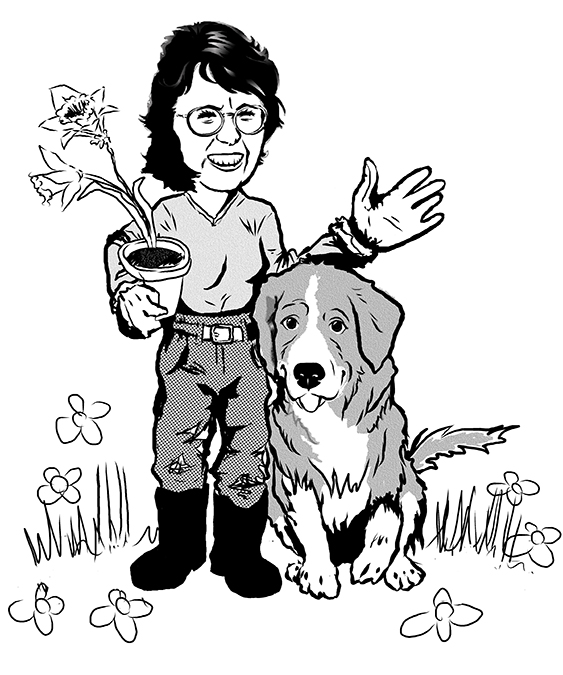by Leslie Cox; Tuesday, February 10, 2015
There really is no agreement between gardeners as to what is the true definition of an heirloom variety. One thing for sure…heirlooms are always open-pollinated varieties. This means that if seeds are collected from an open-pollinated plant, they will produce the same variety next year and the year after that and the year after that.
This is not possible with hybrids because they are a cross between two separate varieties. Therefore, any seed collected from a hybrid plant will revert back to one or other of the parent plants. Or the seeds may be sterile all together. Sometimes this happens.
Back to the heirloom definition…most gardeners agree that heirloom varieties should be at least fifty years old. But what about if an improved plant develops from an old favourite due to Mother Nature taking a hand? Is the new version automatically labeled an heirloom too?
There are also some gardeners who think there should be some history behind the variety. A providence, so to speak, telling the a story of its ethnic background, when it was introduced to a new country, how many generations it has been in the family, name some of the people the seeds have been shared with…that kind of thing. Really, part of the fun in growing heirloom varieties is discovering the stories behind the seeds.
 But in some cases, the early history of some old seeds is not known. Does this mean those varieties should not be called “heirloom”? Of course not! Gardening should be fun. Keep growing your old heirlooms…whatever their definition. With each successive year, those varieties are becoming acclimatized to the weather patterns in your region. This makes them better able to handle life’s little hiccups that sometimes come along…like a late snowfall or a few extra days of wind and no rain.
But in some cases, the early history of some old seeds is not known. Does this mean those varieties should not be called “heirloom”? Of course not! Gardening should be fun. Keep growing your old heirlooms…whatever their definition. With each successive year, those varieties are becoming acclimatized to the weather patterns in your region. This makes them better able to handle life’s little hiccups that sometimes come along…like a late snowfall or a few extra days of wind and no rain.
However, you should add at least one or two different varieties to the grow list each year. Creating diversity in the garden is a really good thing. And who knows? Perhaps that new variety you discovered growing in your garden will become an heirloom by the time your great-grandchildren start to plant their first seeds.

